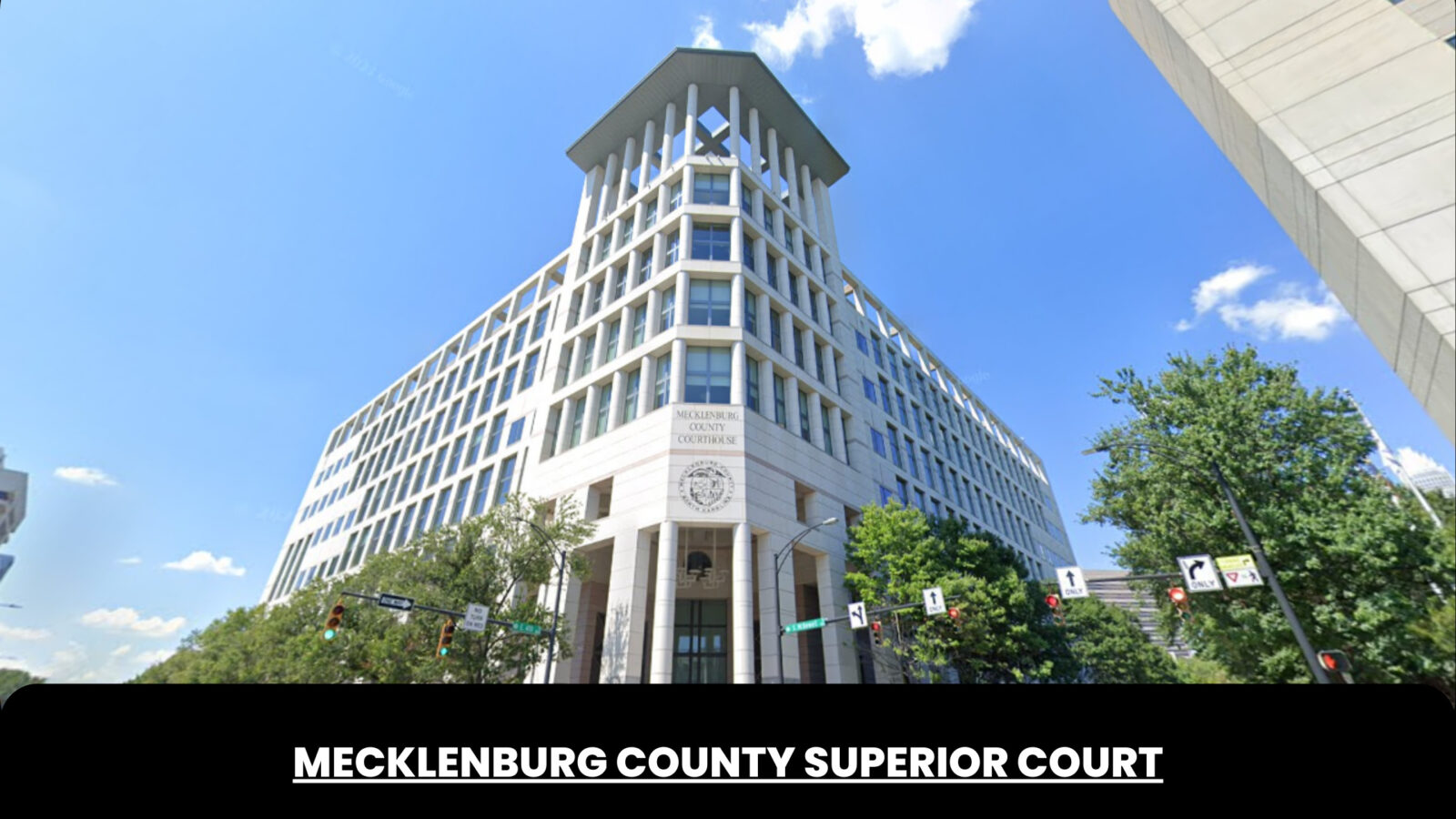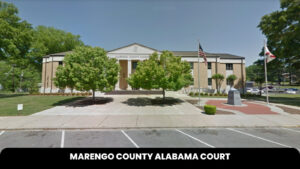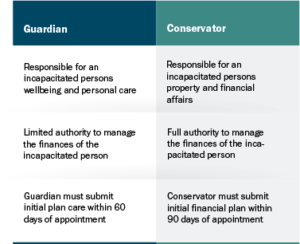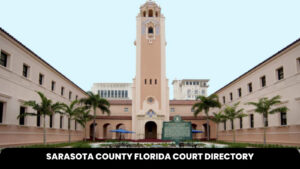Mecklenburg County Superior Court
Time
Working Hours:
Monday:
9 am–5 pm
Tuesday:
9 am–5 pm
Wednesday:
9 am–5 pm
Thursday:
9 am–5 pm
Friday:
9 am–5 pm
Saturday: closed
Sunday: closed
Connect with a Attorney
Types of Courts in Mecklenburg County
There are two main types of trial courts in Mecklenburg County – district courts and superior courts. The type of case determines which court it’s filed and heard in
Mecklenburg County Superior Court
Welcome to Mecklenburg County Superior Court, where justice is served and legal matters are resolved in the heart of Mecklenburg County, North Carolina. As the primary judicial authority for the county, the Mecklenburg County Superior Court plays a crucial role in upholding the rule of law and ensuring the fair administration of justice. In this article, we will delve into the key aspects of the court, its jurisdiction, the types of cases it handles, the court procedures, and its impact on the community.
The Mecklenburg County Superior Court holds a significant position within the state’s judicial system. As an independent and impartial court, it is responsible for handling a wide range of cases, including criminal, civil, family law, and probate matters. The court’s jurisdiction covers Mecklenburg County, encompassing the city of Charlotte and its surrounding areas.
Superior Courts
Superior courts handle more serious criminal and civil cases in Mecklenburg County. This includes felony criminal cases and civil cases over $25,000. Superior court cases are heard by a judge and jury.
Some common superior court cases:
- Felony criminal charges like robbery, murder, fraud, etc.
- Medical malpractice
- Product liability
- Serious motor vehicle accidents
- Wrongful death
Overview of Mecklenburg County
Mecklenburg County is located in the southwestern part of North Carolina, known for its vibrant economy, diverse population, and rich cultural heritage. The county is home to approximately one million residents and serves as a regional hub for commerce, education, and healthcare. With its rapid growth and urban development, the county faces a variety of legal challenges that are addressed by the Mecklenburg County Superior Court.
The Role of Mecklenburg County Superior Court
Structure and Jurisdiction
The Mecklenburg County Superior Court operates within a hierarchical structure. It consists of a Chief District Court Judge and a team of other judges who preside over different divisions. These divisions include criminal, civil, family law, and probate courts. The court’s jurisdiction extends to both felony and misdemeanor cases, civil disputes involving significant amounts of money, family law matters such as divorce and child custody, and probate cases dealing with wills and estates.
Court Divisions and Functions
Each division of the Mecklenburg County Superior Court has specific functions and responsibilities. The criminal division handles cases involving alleged criminal offenses, ranging from minor misdemeanors to serious felonies. The civil division focuses on resolving disputes between individuals, businesses, or organizations. Family law cases, including divorce, child custody, and support, are heard in the family court division. Lastly, the probate division oversees matters related to wills, estates, guardianships, and trusts.
Types of Cases Handled by Mecklenburg County Superior Court
The Mecklenburg County Superior Court deals with various types of cases, ensuring that justice is served and legal conflicts are resolved in a fair and equitable manner. Let’s explore the main categories of cases handled by the court:
Criminal Cases
Criminal cases are a significant part of the court’s docket. They involve offenses against the state or society, ranging from minor infractions to serious crimes. The court hears cases related to theft, assault, drug offenses, traffic violations, and more. The judicial process ensures that the accused individuals receive fair trials and, if found guilty, appropriate punishments.
Civil Cases
Civil cases encompass a broad spectrum of disputes between individuals, businesses, or organizations. These cases can involve contract breaches, property disputes, personal injury claims, or other legal conflicts. The Mecklenburg County Superior Court provides a forum for parties to present their arguments, gather evidence, and seek resolutions through judgments or settlements.
Family Law Cases
Family law matters, such as divorce, child custody, and support, fall under the jurisdiction of the family court division. The court handles these cases with sensitivity and strives to protect the best interests of all parties involved, particularly the children. The goal is to reach fair and amicable solutions, ensuring a smooth transition for families during challenging times.
Probate Cases
The probate division of the Mecklenburg County Superior Court handles cases related to wills, estates, guardianships, and trusts. This division ensures the proper administration of estates, appoints guardians for minors or incapacitated individuals, and resolves disputes over inheritance or asset distribution. The court plays a vital role in safeguarding the rights of beneficiaries and ensuring the intentions of the deceased are carried out.
Court Procedures and Processes
To navigate the Mecklenburg County Superior Court effectively, understanding the court procedures and processes is essential. Let’s explore the key stages involved in legal proceedings:
Filing a Case
The process begins with filing a case, where the plaintiff initiates legal action by submitting a complaint or petition to the court. The defendant is then notified, and both parties prepare their arguments and gather evidence to support their claims.
Pretrial Proceedings
During the pretrial stage, the court facilitates settlement negotiations and encourages alternative dispute resolution methods like mediation or arbitration. If an agreement cannot be reached, the case proceeds to trial.
Trial Process
The trial is a crucial phase where both sides present their evidence, call witnesses, and make legal arguments before a judge or jury. The court ensures a fair and impartial trial, allowing each party to present their case and cross-examine witnesses.
Sentencing and Judgments
If the defendant is found guilty or liable, the court determines the appropriate sentencing or judgments. Sentencing can range from fines and probation to imprisonment, depending on the severity of the offense. Judgments in civil cases may involve compensatory damages, injunctions, or other remedies to resolve the dispute.
Notable Cases and Legal Landmarks
Over the years, the Mecklenburg County Superior Court has handled several notable cases and contributed to legal landmarks. These cases have set important precedents and shaped the interpretation of laws within the county and even beyond. They serve as reminders of the court’s commitment to justice and the profound impact it can have on society.
Mecklenburg County Superior Court and the Community
Access to Justice
The Mecklenburg County Superior Court strives to ensure equal access to justice for all members of the community. It offers resources and programs that support individuals who may face barriers to legal representation. The court also works to improve language access services, making court proceedings more accessible to non-English speakers.
Community Outreach
Recognizing the importance of community engagement, the Mecklenburg County Superior Court actively participates in outreach initiatives. It collaborates with local organizations, educational institutions, and legal aid services to raise awareness about the court’s functions, rights, and responsibilities. These efforts foster a better understanding of the legal system and promote community trust in the administration of justice.
Mecklenburg County Clerk of Court
The Mecklenburg County Clerk of Court serves as a vital administrative resource within the county’s judicial system. This office is responsible for maintaining court records, processing legal documents, and managing various administrative tasks related to court proceedings. The Clerk of Court ensures the efficient operation of the court system by providing essential support to judges, attorneys, and the public.
Mecklenburg County Clerk of Court Estates Division
The Mecklenburg County Clerk of Court Estates Division plays a crucial role in managing matters related to estates, wills, and probate. This division oversees the proper administration of estates, ensures compliance with relevant laws and regulations, and assists individuals in the process of estate planning. The Estates Division provides guidance and support to executors, heirs, and beneficiaries, helping them navigate the legal complexities associated with these matters.
Mecklenburg County Court Case Lookup
To access information about court cases in Mecklenburg County beyond civil cases, the Mecklenburg County Court Case Lookup system offers a valuable resource. This platform enables individuals to search for case details, including criminal cases, family law cases, and other types of litigation. By using this lookup tool, individuals can stay informed about upcoming court dates, review case records, and monitor the progress of legal proceedings.
Mecklenburg County Traffic Court Dates
If you have received a traffic citation or need information about traffic-related legal matters in Mecklenburg County, knowing the upcoming court dates is essential. The Mecklenburg County Traffic Court Dates provide individuals with the opportunity to appear before the court, present their case, and address traffic violations or related issues. By understanding the assigned court dates, individuals can effectively navigate the legal process and fulfill their obligations.
Mecklenburg County Courts Calendar
he court calendar for Mecklenburg County contains scheduled dates and times for proceedings at both the district and superior court levels. Understanding the calendar and how to find specific case information can be helpful for anyone involved in a court case in Mecklenburg County.
Mecklenburg County’s court calendar is public record and available both online and in-person at the courthouse. However, navigating it can be confusing if you don’t know what you’re looking at. This guide will walk through the key things to know about the Mecklenburg County Courts calendar.
The Mecklenburg County court calendar can be accessed both online and in-person.
Online Calendar
The most convenient way to check the calendar is online through the North Carolina Court Calendar website. This public online calendar is searchable and displays scheduled court dates for all pending cases.
To view the calendar, go to: www.nccourts.gov/services
Select “Court Calendars” and then choose Mecklenburg County. You can browse upcoming calendar dates or search for a specific case number or party name.
In-Person at the Courthouse
Paper copies of the court calendar are posted daily outside each courtroom at the Mecklenburg County Courthouse. This allows you to see the daily schedule and case list for a specific judge or courtroom.
You can also request to view past or future court calendars from the clerk’s office. However, the online calendar provides the most up-to-date information.
Understanding the Court Calendar
When looking at the Mecklenburg County Court calendar, you’ll see various types of entries for each case. Here are some tips for deciphering the calendar:
Case Numbers
Each case is assigned a unique case number when it’s filed with the court clerk. This number identifies the case throughout the court process.
Case numbers typically include the year filed and a sequence number (e.g. 22 CVD 1234). Different prefixes indicate the case type:
- CVD = Civil District Court
- CR = Criminal District Court
- CRS = Criminal Superior Court
- CVS = Civil Superior Court
Courtroom Assignments
District court cases are assigned to a specific courtroom and judge. Superior court cases go through rotations among several judges and courtrooms.
The calendar will list which courtroom each proceeding is scheduled in. Check court signage and directories to locate the correct courtroom in the courthouse.
Calendar Call
This is a scheduled date for the judge to call the calendar, review pending cases, and determine case status. Parties or attorneys must appear and address any motions or issues to keep the case moving.
Motions & Hearings
Many non-trial court proceedings like motions, plea hearings, and status conferences will be listed. This is not a final trial date.
Trial Date
When a definitive trial date is set, it will be clearly labeled on the calendar. This is the date the case will go before a judge or jury for final resolution and when parties/witnesses must appear.
Finding a Specific Case
There are two main ways to lookup a case on the Mecklenburg County Court calendar:
Lookup by Party Name
If you don’t have the exact case number, you can search for a case by entering the name of the plaintiff, defendant, or other party.
However, common names may return multiple search results. Having a first and last name is best to pinpoint the correct case.
Lookup by Case Number
The most reliable way to search is to enter the full case number (e.g. 22 CVD 1234). This will take you right to the calendar for that specific matter.
Make sure to enter the accurate court prefix and year of filing to pull up the case.
Getting Help with the Calendar
Interpreting and navigating the court calendar can be challenging. If you need assistance, there are resources available:
Clerk of Court’s Office
The Clerk of Court’s office can help explain how to find cases on the calendar and what certain entries mean. They can look up pending case dates for you if needed.
Attorney Assistance
Consider contacting an attorney for guidance if you have a court case. They have experience reading court calendars and can explain what to expect for particular types of proceedings.
Mecklenburg County Superior Court Judges
The Mecklenburg County Superior Court is presided over by a panel of dedicated judges who bring expertise, knowledge, and impartiality to the bench. These judges are responsible for making legal decisions, overseeing trials, and ensuring the fair administration of justice. The judges of the Mecklenburg County Superior Court play a crucial role in upholding the principles of the legal system, and their judgments shape the outcomes of various cases that come before the court.
Conclusion
The Mecklenburg County Superior Court serves as the backbone of the county’s judicial system, ensuring that legal disputes are resolved fairly and efficiently. With its diverse divisions and jurisdiction over various case types, the court plays a vital role in upholding justice and maintaining the rule of law. Through its commitment to accessibility, community outreach, and adherence to due process, the court contributes to a more equitable and cohesive Mecklenburg County.
FAQs
Q1. How can I file a case in the Mecklenburg County Superior Court?
To file a case, you need to visit the courthouse and submit the necessary documents according to the specific guidelines provided by the court. It is advisable to consult an attorney or seek legal advice to ensure you comply with the requirements and understand the process fully.
Q2. What should I expect during a trial at the Mecklenburg County Superior Court?
During a trial, both parties present their evidence and arguments before a judge or jury. Witnesses may be called, cross-examinations conducted, and legal interpretations made. The court ensures a fair and impartial trial, following established procedures and rules of evidence.
Q3. How long does it take for a case to reach a resolution in the Mecklenburg County Superior Court?
The duration of a case varies depending on its complexity, the number of parties involved, and the court’s caseload. Some cases can be resolved quickly through settlements or alternative dispute resolution methods, while others may require more extensive litigation, leading to longer timelines.
Q4. Does the Mecklenburg County Superior Court provide any resources for self-represented individuals?
Yes, the court offers resources, such as self-help centers and legal clinics, to assist self-represented individuals. These resources provide guidance on procedural requirements, form completion, and general legal information to help individuals navigate the court system effectively.
Q5. How does the Mecklenburg County Superior Court contribute to the local community beyond its legal functions?
Apart from its legal responsibilities, the Mecklenburg County Superior Court engages in community outreach initiatives. It collaborates with organizations and institutions to educate the public about the court’s role, rights, and resources available to the community. These efforts foster understanding, trust, and improved access to justice.
Q: How far in advance is the court calendar available online?
A: The online court calendar displays scheduled hearing dates approximately 4-6 weeks in advance. However, court schedules frequently change, so closer dates are subject to change.
Q: What if I lost my court paperwork with the case number on it?
A: You can contact the civil or criminal clerk’s office and provide your name. They can do a case party search to find your case number in the system.
Q: Are court calendars accessible on mobile devices?
A: Yes, the online court calendar website is mobile-friendly. You can access it from any internet-connected smart phone, tablet, or computer.
Q: What if I miss my court date?
A: You should contact your attorney or the court clerk right away. Failure to appear can result in sanctions, fines, or arrest warrants. Your attorney can file a motion to reschedule.
Q: How can I get a copy of an older court calendar?
A: Make a request to the clerk’s office and they can print archived court calendars, for a per-page copy fee. The online system only displays current and upcoming dates.







